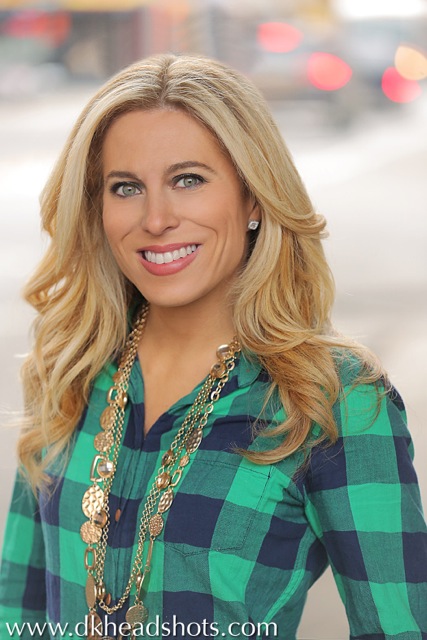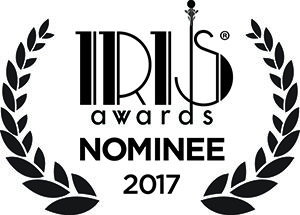#BlogHerWritingLab ~ I enjoy stories conveying facts more than created out of fiction. How about you?
Thursday, April 28, 2016
Which do you enjoy more: stories conveying facts or stories created out of fiction?
*******************************************************************************************
I enjoy stories conveying facts, particularly through historical fiction/historical novel.
I borrow the words of Sarah Johnson in Defining the Genre: What are the rules for historical fiction…
A “historical novel” is a novel which is set fifty or more years in the past, and one in which the author is writing from research rather than personal experience. Most autobiographical novels would not fit these criteria. Not all people agree on this definition, however, and even we occasionally break the rules. Some readers go so far as to say that a novel should only be called “historical” if the plot reflects its historical period so well that the story could not have occurred at any other time in history.
I like to settle in with stories that perhaps give me just a glimpse, or sometimes a full-fledged telescopic view, into the past. I enjoy period details of speech, fashion, politics, architecture. I like to be brought into a time and space that is researched with great accuracy and with voices as real as possible.
I will, for this BlogHer Writing Lab question, pass along a wonderful experience I had many, many years ago while teaching a historical novel to some very reluctant readers, high school students who approached reading with a combination of dread, boredom and fear; the dread coming from reading skills deficiencies , the boredom coming from habit, the fear coming from being asked to read aloud.
I had developed a team teaching unit of the American Revolution Period with a fellow teacher, a history teacher, incorporating literature with history. We decided on the novel April Morning by Howard Fast to jump right into our unit, a novel spanning the confined structure of 24-or so hours, a time frame that we thought would capture our students’ sense that 24 hours may be nothing in the course of a lifetime unless those 24 hours were to become the history of a lifetime. We also liked the narration of Adam Cooper, a character who had lived the details of that April Morning as a teenager while telling his story much later in his life. The teenager thing was our hook…

Our students were even more reluctant than usual.
“What? Something that happened all that long ago? Why? No. NO.”
“We’re reading it out loud? In class? What? NO way.”
“Noooooooooooooooooooooo,” was the refrain.
I’m not kidding when I tell you that NO, no book, NO, no way. NO! became the primary conversation while introducing our unit.
Haven’t I already mention dread, boredom, fear?
We plowed ahead though, my team teacher and me, mainly dangling a field trip to Lexington, Massachusetts, the where of the very historical novel we would be reading and the moments in American history that we would be studying. Lexington, MA was an hour and a bit north of the school and we promised Minute Man National Park.
“Field trip?”
“Well. OK. Maybe.”
“If we stop at MacDonald’s for lunch.”
That last criterion was set in stone.
We planned our unit of study for April and our field trip for April 17th, and began our study of the American Revolutionary War Timeline with shots fired on April 19, 1775 at the Battle of Lexington.
We began our reading of April Morning, every word, every page aloud.
What I love about Johnson’s Defining the Genre above is that if a novel should only be called “historical” if the plot reflects its historical period so well that the story could not have occurred at any other time in history, April Morning is exactly that. We, as readers, are brought into colonial life of family and family structure and hierarchy (grandmother, parents, children), the angst of teenagehood, hard work, Biblical references, Revolutionary Committees, British “abuses”, etc.) while all-the-while delving into the very beginning of the throes of the American Revolution.
Our students were hooked. Maybe it was the teenage thing. Maybe it was the coming-of-age of Adam Cooper and his honesty, his difficulties, his waywardness. Maybe it was the sense that this period of Time was so crucial in the course of history, beginning right there in that book, in those words, on those pages as we read aloud in class, bringing it all to life. Maybe it was because all of this happened so close to their homes in Rhode Island.
What I really remember, though, is the ease at which reading became secondary to the study. I was there to catch a word or a phrase that may not have been easy to pronounce. My colleague was there to explain the details of history. We were there together to bring these students back to the most important moments in the history of the United States, to bring these moments to life… right there in our classroom.
Dread, Boredom, Fear disappeared.
Anticipation replaced everything. These students could not wait to come to class. To read. To give reading a try. To immerse themselves, lose themselves in this story, this history.
Adam Cooper would become a man in those very few hours. Our students would become men and women, too, just in the learning alone.
This meant everything to me and to my colleague.
Yes, we did take our promised field trip to Lexington.
Yes, we did stop at MacDonald’s for lunch.
It was an April Afternoon I will always remember.
But it felt that we were on a journey with colleagues, not students.
It was a mesmerizing experience for me.



